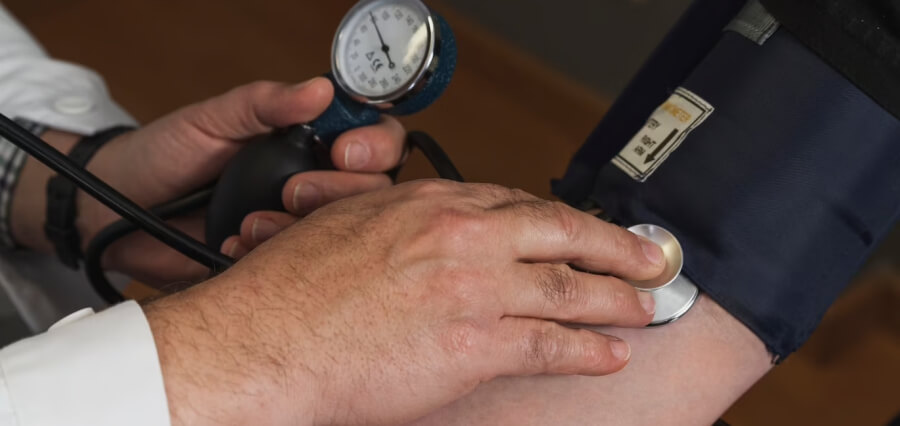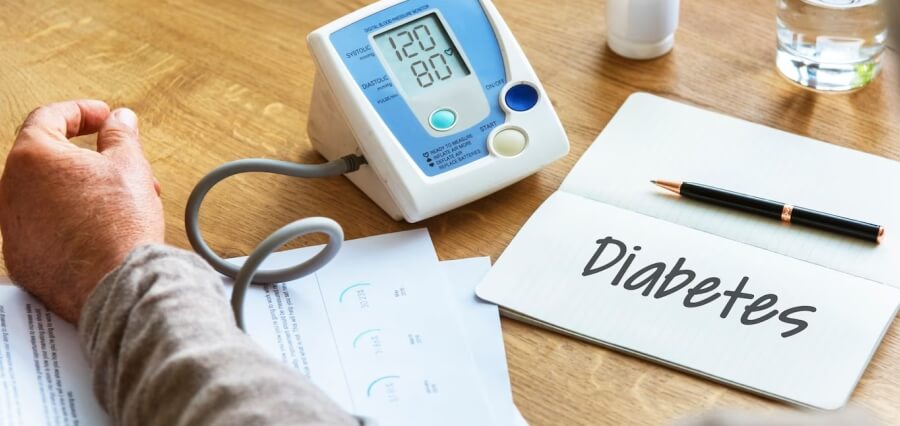Breathing Technique
(An association between the physical mind and the brain must be explored – to come up with alternative ways of treating anxiety.)
“Breathing techniques could be employed when treating mental health disorders such as anxiety,” as per a recent ground-breaking brain research led by Dr. Georg Northoff, an Ottawa scientist.
In the coming weeks, clinical trials will be conducted aiming to treat anxiety among patients through the implementation of breathing techniques. The research brings hope that exploring such an association would be similar to treating physical injuries through physiotherapy, thus eliminating a reliance on drug-based treatment.
The Science Behind Neuronal Activity
To implement breathing techniques is an experimental attempt – tailored as per the patients’ needs. As Dr. Georg’s research emphasizes, this would target the brain’s neuronal activity just as the drugs could do.
“A missing ‘common currency’ between mind and brain is what I call it,” he says.
Borrowing from physics and engineering, the research would measure patterns in the patients’ neural activity. Consequently, when experiencing anxiety, researchers are able to observe sudden changes in brain activity levels that are difficult to predict. This could be the patient’s sense of uncertainty when they experience anxiety.
Neutralizing the Gaps
By observing a patient’s neural activity, it may pave the way for scientists to neutralize it – through an incorporation of breathing techniques.
Dr. Georg is looking forward to it, “as breathing techniques have been used in several practices, globally, for instance, yoga,” he explains.
Where to Go from Here?
While there is no shortage of evidence that says breathing techniques are helpful, there is still a need for scientifically based evidence. For this reason, a greater number of clinical trials and individually designed treatments must be conducted. Like, for instance, those that are based on patients’ own neuronal activity.
In the future, “This could really allow for the development of scientific treatments with non-pharmaceutical therapies involved,” suggests Dr. Georg.










